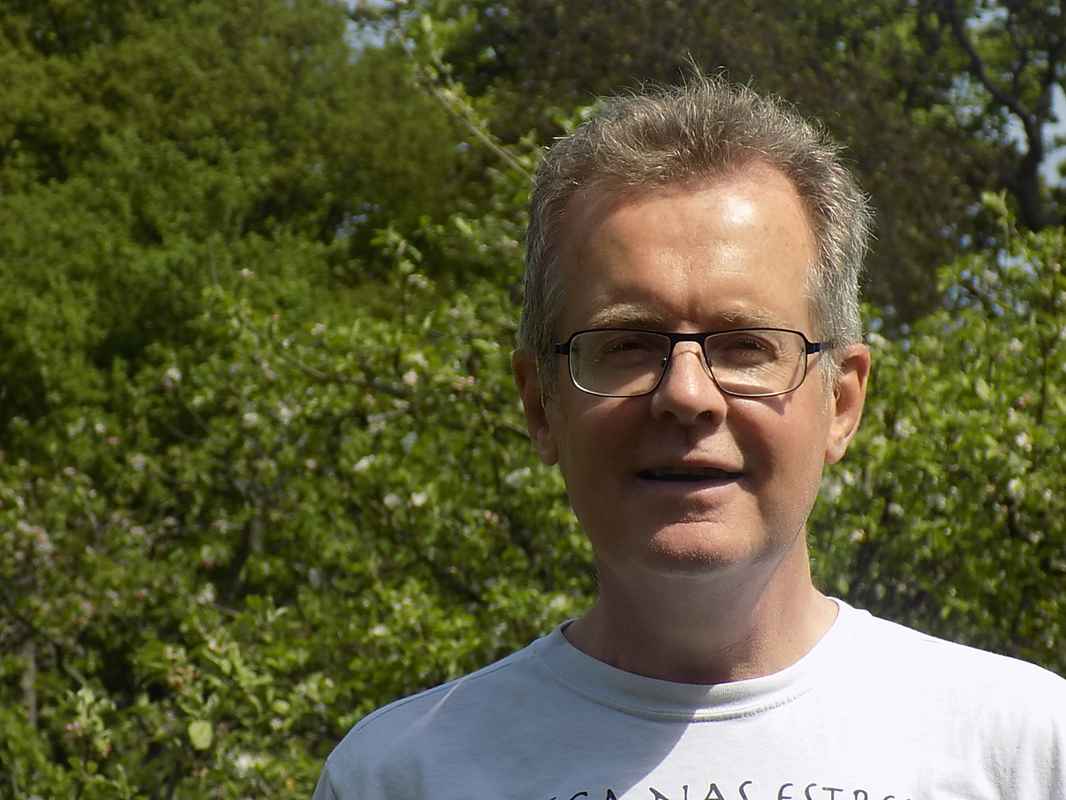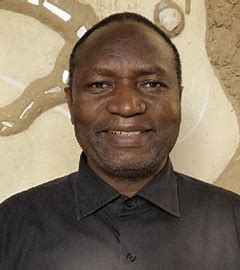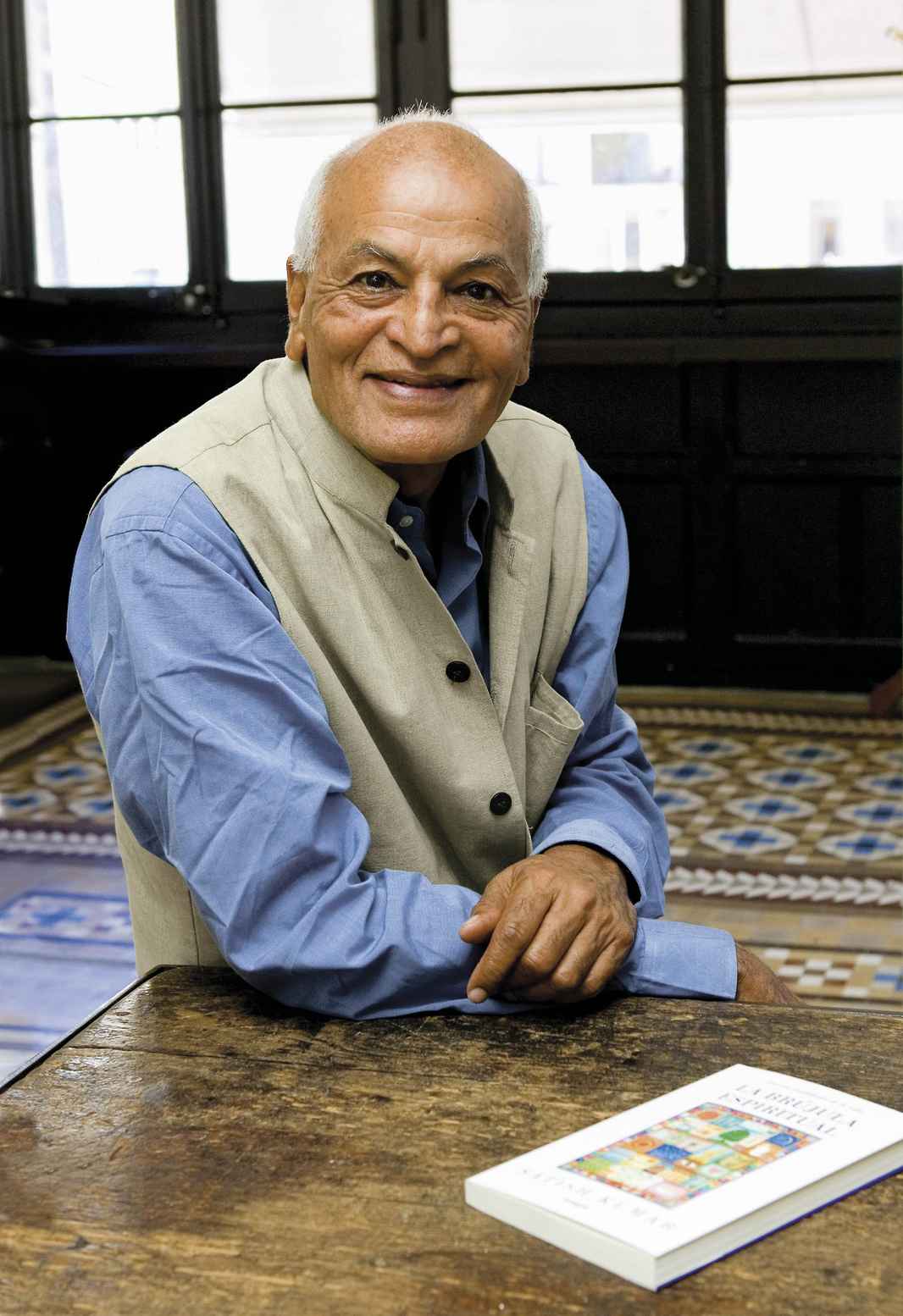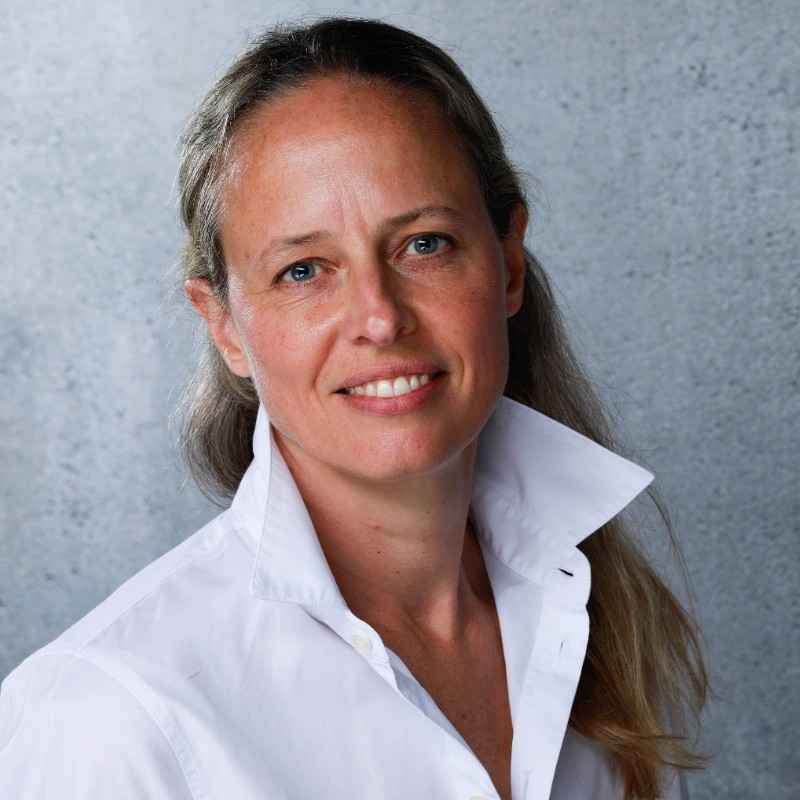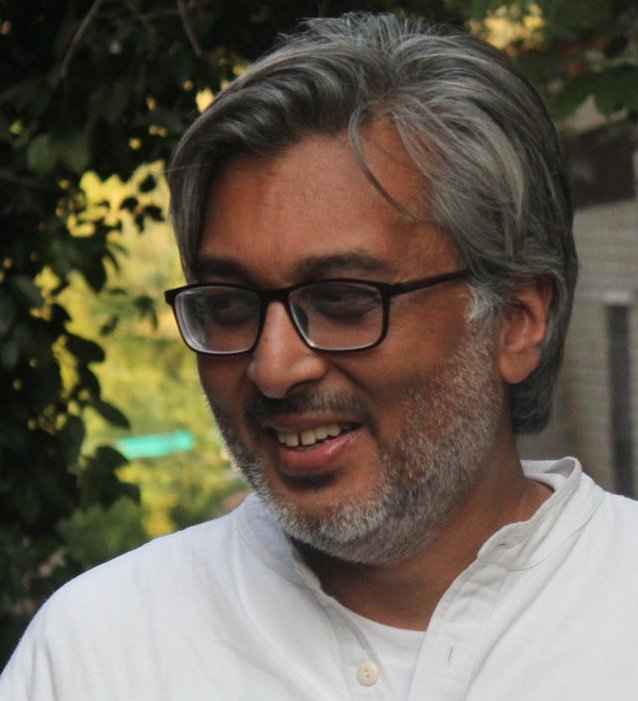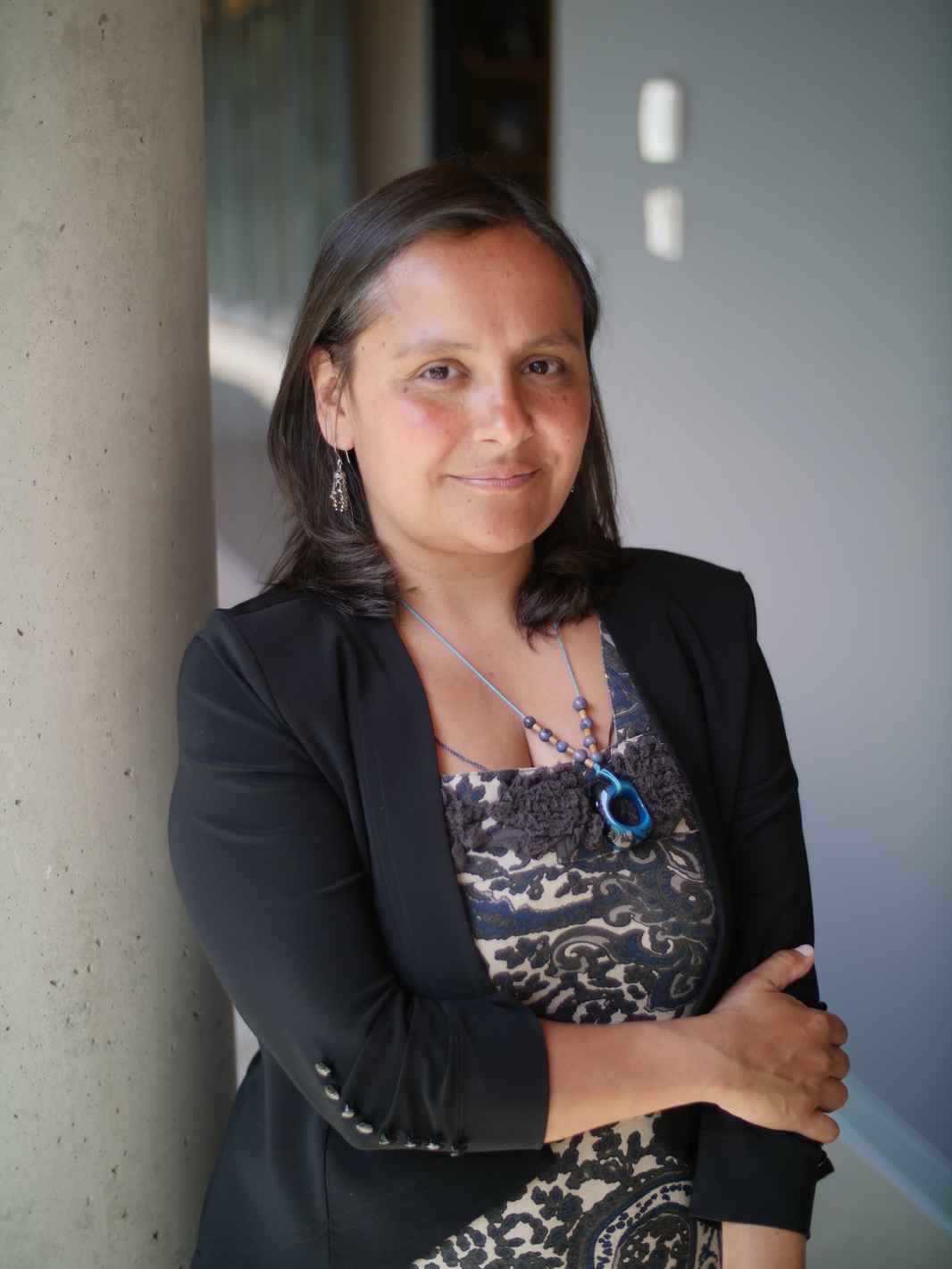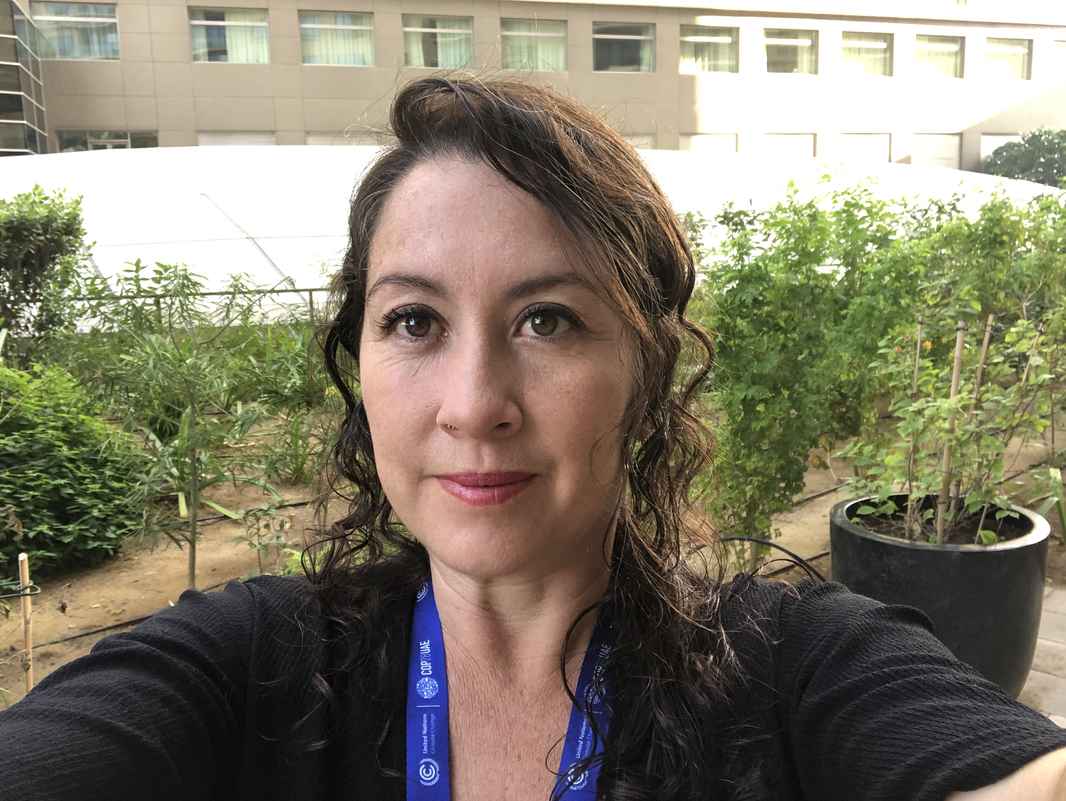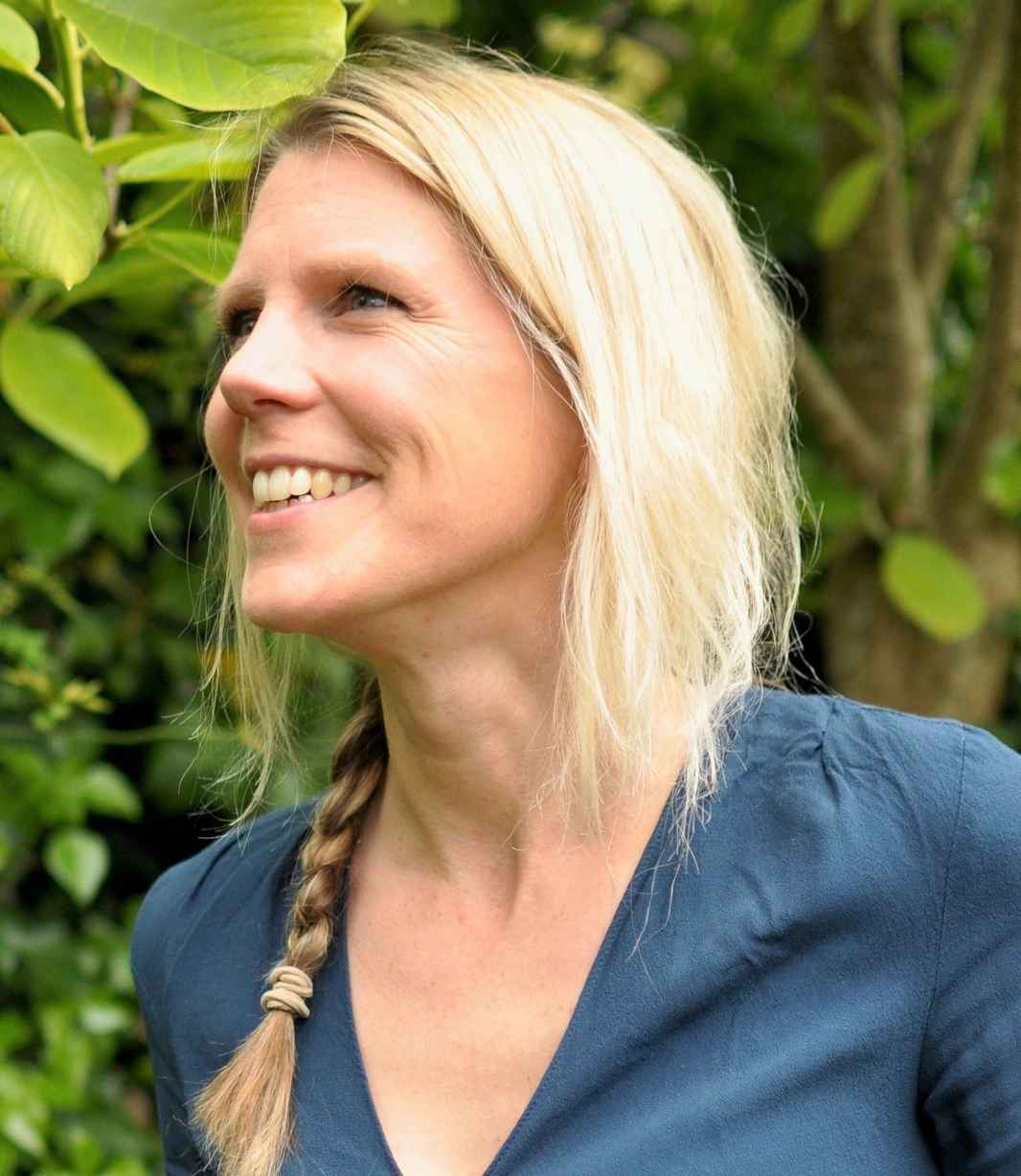Transformative Education
Transformative Education
This course will provide an overview of fresh thinking and experimentation in new educational forms in the company of some of the leading pioneers currently active in the field in India, Africa, Europe and the Americas. The course seeks to model cutting-edge pedagogical practices, giving course participants the opportunity to experiment with new, more participatory and embodied practices within and beyond the classroom. Whether you are already employed in the formal educational system, have aspirations to be so employed or want to be better informed and equipped as a facilitator or communicator in any other field, we believe there is something for you in this course.
This course is for anyone who…
...has an interest in exploring the rich space of innovation at the cutting edges of our thinking and activism around education. That includes teachers, facilitators, parents - in fact, all engaged and curious citizens. The guest presenters include those working within and outside of formal educational settings. The aim of the course is to provide you with both an enhanced theoretical understanding of recent developments in the field of education, and an opportunity to be in dialogue with those pioneering at the creative edges.
“There's a fork in the road, and education has to make a choice. Young people are fervently waiting for us educators to catch up with them, to empower them and to help them make the future. By offering a holistic way of seeing and being, a regenerative, ecological, life-affirming paradigm can help shape new and energising pathways for a more hopeful, and secure future”
– Stephen Sterling
Programme Overview
- Type: e-Learning
- Start Date: 14 October 2024
- Registrations: until 21 October 2024
- Study Time: 3 to 5 hours / week
- Facilitation: by Jonathan Dawson and Guest presenters
- Length: 9 Weeks
Context
The world of education is undergoing a profound transformation. To date, it has both reflected the core assumptions and values of the dominant neoliberal worldview and played a central role in perpetuating them. A narrowly instrumental view of education, modeled to serve the perceived demands of a globalizing economy and culture, has come to define and to shape learning.
However, as in so many other domains, the foundations of the dominant paradigm are creaking. We are, in the words of Zachary Stein, living in a ‘world between worlds’, where the previously dominant structures and stories are dying and new ones are in the process of being born. We have the privilege of being dwellers in this liminal space in which we are called upon to be co-creators of whole new ways of social organization – not least in the field of education.
The challenge that lies ahead is to envisage educational forms fit for the needs of the 21st century and to chart pathways towards the realization of these visions.
There is already substantial momentum towards these ends. Studies in the fields of neuroscience and social psychology increasingly contradict conventional thinking about the separation of mind, body and emotions and underscore the importance of an education that seeks to develop head, heart and hands. Meanwhile, myriad experiments at all levels of formal and nonformal education are freeing up thinking about what holistic, place-based education might look like in practice. This includes a questioning of the legitimacy of limiting education to specific institutions – schools and universities – formally designated for the purposes of learning.
Course Design
Each session will include a suggested reading and/or video to watch together with guiding prompts or questions. The learning will happen through forum participation, reflection, and ongoing reflections led by Jonathan.
At the end of the course, each participant will have written and shared a reflection paper on applications of the course material in their own personal and professional lives, together with next steps in their realisation.
Check out below some of the questions that will be addressed during the journey:
- How can I be most effective as an educator?
- Where is the professional niche where my gifts, passion and experience most meet the needs of the earth at this moment?
- What further professional training could I consider embarking upon to enhance my preparedness for my work in the world as an educator?
- What networks and learning communities could I turn to as sources of support to me in my work?
Course Outline
Week 1 - Setting the scene in the company of Jonathan Dawson
- Introduction - How can education become part of the solution rather
a key driver of the problem?
Week 2 - Education for food sovereignty and community development in Africa
- Mugove Nyika explores how people- and community-centred education
in Africa is bridging gulf between the schoolroom and the community.
Week 3 - Education for Head, Heart and Hands
- Satish Kumar shares with us stories from his lifelong activism in
the cause of environmental sustainability and social justice and the role that
education has played in his journey, especially the creation of Schumacher College.
Week 4 - Getting new paradigm sustainable economy curricula into the mainstream
- Jennifer Brandsberg-Engelman explores with us her work in introducing more heterodox approaches to the study of economics in secondary school settings.
Week 5 - Deschooling society
- Manish Jain will explore how we can regenerate our diverse local knowledge
systems, cultural imaginations and inter-cultural dialogue.
Week 6 - Navigating Complexity, Complicity and Collapse with Compassion and Accountability
- Vanessa de Oliveira Andreotti draws insights from University of the Forest digital campus initiative (universityoftheforest.org) and explores with us how the ontology of modern education has socialized us into a form of narrow-boundary intelligence marked by the artificial separation between humans and the rest of nature. This narrow-boundary intelligence creates a crisis of collective sense making that is the root of our current meta-crisis characterized by VUCA (volatility, uncertainty, complexity and ambiguity), which is placing humanity at risk of premature extinction. The talk will also explore the need for a collective cultural move towards wide-boundary intelligence and, ultimately, relational wisdom, if we are to address the meta-crisis together
Week 7 - Facilitating educative communities as nodes of transformation
- Piedad Viteri shares her extensive experience of using ecovillage design and permaculture tools in schools to transform education into one that serves the purpose of nature and human regeneration
Week 8 - Empowering teachers to create a more compassionate, caring world –
inside and outside of the clasroom
- Rachel Musson, shares with us the Triple WellBeing approach, that draws on animal
archetypes, to empower and support teachers.
Week 9 - Pulling together the threads
- Jonathan Dawson will guide a process of synthesis and consolidation, helping us to
identify next steps and explore how we can provide mutual support ongoingly within
the learning community.

Course Lead Facilitator
Jonathan Dawson
Jonathan Dawson is a sustainability educator. He created and led for the first decade of Schumacher College’s Regenerative Economics postgraduate programme. He was one of the founders of Gaia Education where he was the lead author of the new economy curriculum, drawn from best practice within ecovillages and sustainable communities.
Jonathan spent over a decade resident in the Findhorn ecovillage in Scotland, during which time he served as President of the Global Ecovillage Network (GEN) and coordinator of GEN-Europe. He is widely published on the subject of ecovillages and sustainable communities and their contribution to the transition to sustainability. He is the author and editor of a number of books on the new economy, including 'Gaian Economics: Living Well Within Planetary Limits' and 'Pedagogy of the Anthropocene Epoch for a Great Transition'.
Guest Presenters
Mugove Walter Nyika
Mugove is a farmer, educator and community development facilitator whose work is focused on building resilience and food sovereignty in communities across the African continent. Over the last three decades he has played a central role in the development of the Integrated Land-use Design (ILUD) process as a tool for inclusive participatory whole-school land design and community engagement.
Mugove facilitated the founding of the Regional Schools and Colleges Permaculture (ReSCOPE) Programme in 2006 and the hosting of the International Permaculture Convergence in 2009 in Malawi. He is the Founding President of the Friends of International Permaculture Convergences (FIPC). Mugove is also an eco-village development facilitator and a member of the Global Ecovillage Network (GEN) Africa Advisory Council.
Satish Kumar
Satish Kumar is the Founder of Schumacher College in the United Kingdom. He was Editor of Resurgence Magazine for 40 years. This magazine was described by the Guardian newspaper as “the artistic and spiritual flagship of the Green Movement”. A former Jain monk, Satish Kumar went on an international pilgrimage for peace. He, with a friend, walked 8,000 miles from New Delhi to Moscow, Paris, London and Washington. Along the way he met Bertrand Russell and Martin Luther King.
Satish is the author of ten books including his autobiography, No Destination. Other books include Elegant Simplicity, Soil, Soul, Society and Radical Love. Satish is a lifelong activist in the cause of environmental sustainability, social justice and world peace. He is the recipient of the Goi Peace Prize 2022.
Jennifer Brandsberg-Engelmann
Manish Jain
Manish Jain is deeply committed to regenerating our diverse local knowledge systems, cultural imaginations and inter-cultural dialogue. Inspired by MK Gandhi, Rabindranath Tagore, Ivan Illich, his illiterate village grandmother, his unschooled daughter, indigenous communities and Jain spiritual philosophy, he is one of the leading planetary voices for deschooling our lives and reimagining education.
Manish has served for the past 25 years as Chief Beaver (ecosystems builder) of Shikshantar: The Peoples’ Institute for Rethinking Education and Development based in Udaipur, India and is co-founder of some of the most innovative educational experiments in the world - the Swaraj University, the Jail University, Complexity University, Tribal Farmversity, the Creativity Adda, the Learning Societies Unconference, the Walkouts-Walk-on network, Udaipur as a Learning City, the Families Learning Together network, Berkana Exchange. He co-launched the global Ecoversities Alliance with 500+ members in 50 countries. He is a senior advisor to the Economics of Happiness network for localisation.
Vanessa de Oliveira Andreotti
Vanessa de Oliveira Andreotti is the Dean of the Faculty of Education at the University of Victoria. She is a former Canada Research Chair in Race, Inequalities and Global Change and a former David Lam Chair in Critical Multicultural Education. Vanessa has more than 100 published articles and has worked extensively across sectors internationally in areas of education related to global justice, global citizenship, critical literacies, Indigenous knowledge systems and the climate and nature emergency.
Vanessa is the author of Hospicing Modernity: Facing humanity's wrongs and the implications for social activism, one of the founders of the Gesturing Towards Decolonial Futures Arts/Research Collective and one of the designers of the course Facing Human Wrongs: Climate Complexity and Relational Accountability.
Piedad Viteri
Piedad Viteri has been immersed for decades in integral regeneration: from her participation in the Rainbow Peace Caravan in the early 2000s, to the creation and development of a decade of Street Art through community mobilisation and regeneration projects for rebuilding towns post catastrophe. Piedad has been a weaver of public, private and academic networks and business for reforestation towards ecosystem restoration, zero waste education programmes and the development of social design tools. Her path has given her the opportunity to facilitate cooperative educational processes, helping to reconnect humans and nature and to reimagine schools as nodes for resilient regeneration.
Rachel Musson
Rachel is the founder and director of ThoughtBox Education. As an international speaker, educator, facilitator and RSA (Royal Society of the Arts) fellow, Rachel is dedicated to fostering regenerative education and holistic wellbeing. With over two decades of experience as a secondary school teacher and curriculum designer, she champions the belief that education has the power to ignite positive change in the world. Rachel collaborates with global leaders and educators to drive policy reform, facilitates workshops and delivers keynotes on transformative education and the Triple WellBeing approach. Her commitment to empowering educators and students alike reflects her belief in creating a more compassionate, caring and connected world in which all life can flourish.
Course Completion
- The Transformative Education runs for 9 weeks (including an orientation period).
- We suggest you dedicate 3-5 hours a week to receive maximum benefit from this programme.
- You can choose to pay in full or in instalments.
- We provide a limited number of scholarships, please apply here. Applications will be accepted until September 14, 2024 and results will be communicated to applicants by October 21, 2024.
- For further information, please email: yan@gaiaeducation.org
Graduates of our programmes have gone on to contribute to sustainability projects, build communities, become social entrepreneurs, partake in permaculture projects and bio-dynamic farming, support transition movements and much more.


